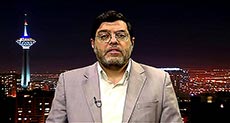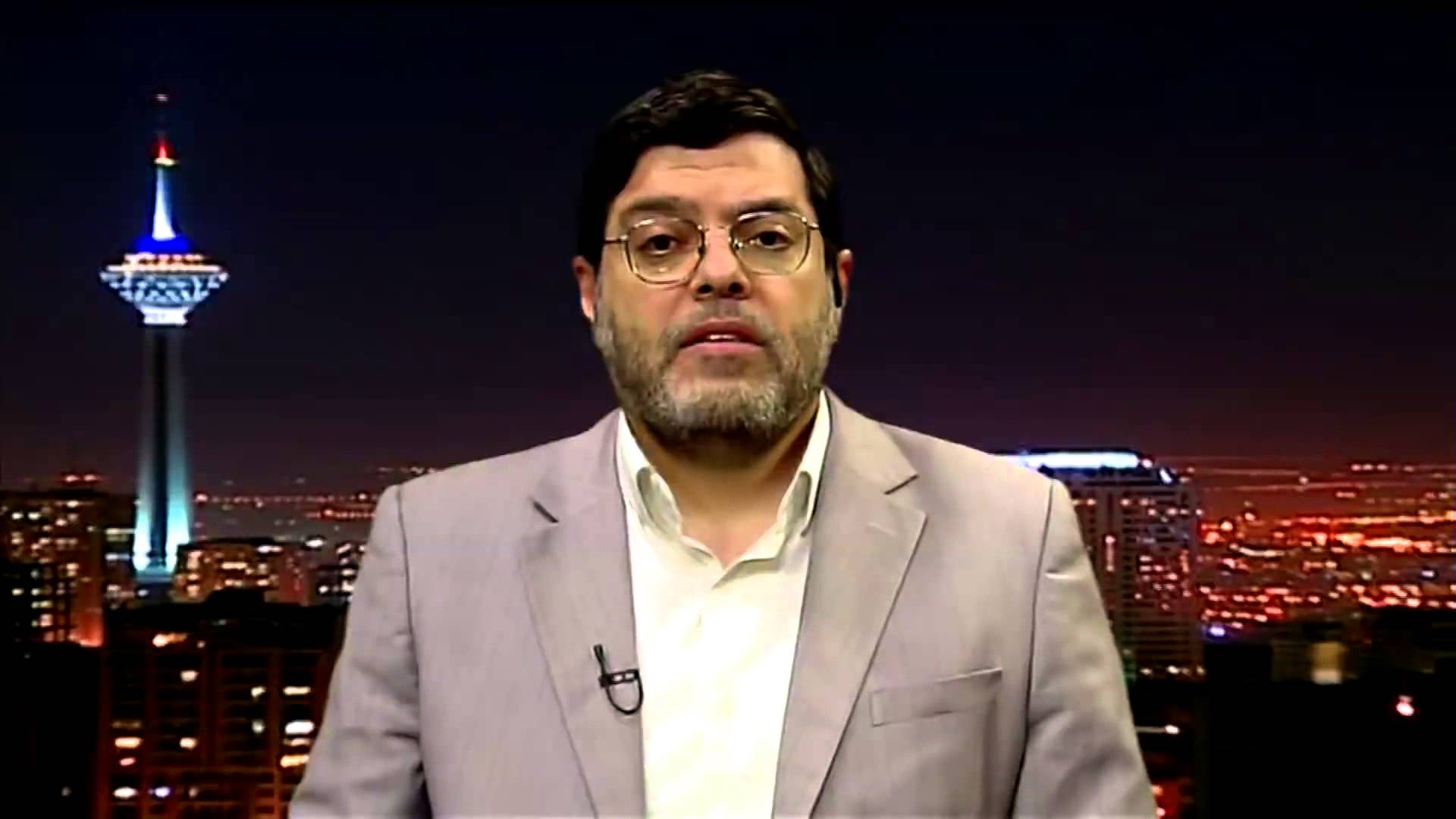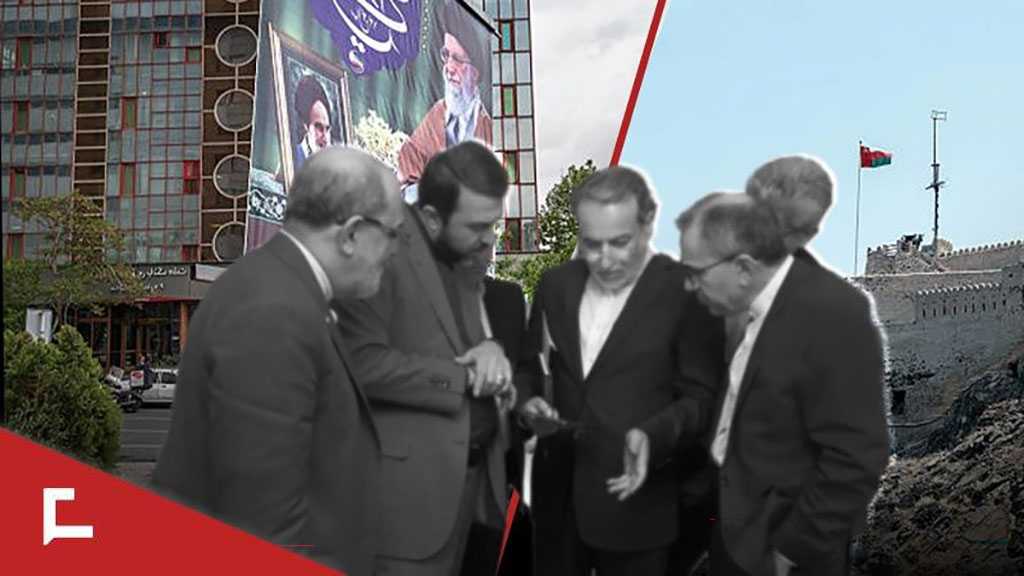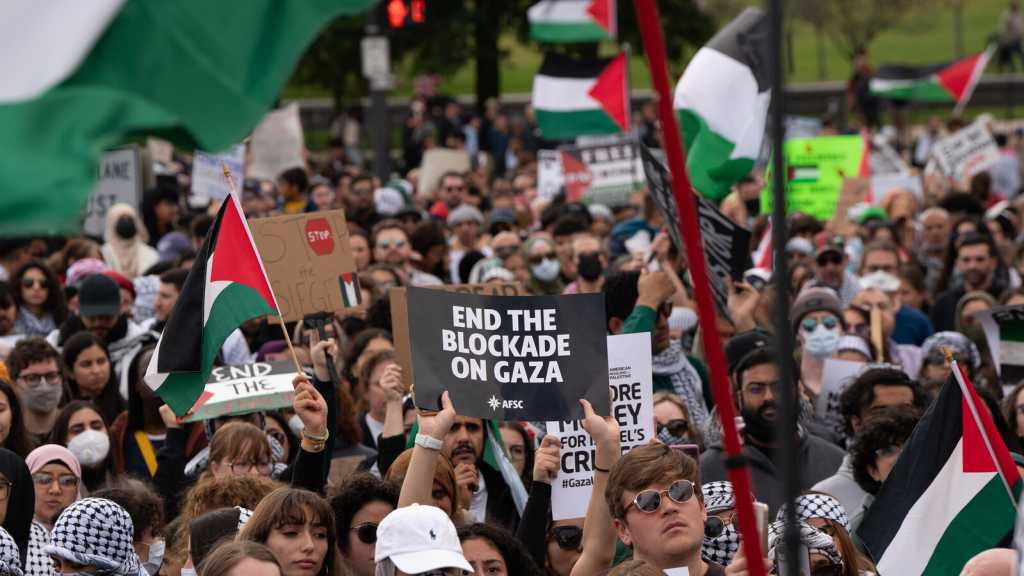Marandi from Vienna: US Forced to Accept Reality

Fatimah Haydar
Iran and six world powers were able to reach a successful nuclear deal in Vienna after years of ongoing negotiations. In the light of the events, al-Ahed news conducted an interview with Tehran University's Professor Sayyed Mohammad Marandi, a member of the unofficial Iranian delegate to Vienna.

Prof. Marandi indicated that a nuclear deal will see light once it had been ratified by the United Nation Security Council [UNSC].
When asked about the main points of the deal, Prof. Marandi pointed out that the most important element is that "the Iranian nuclear program has been accepted officially, despite the fact that the Americans had, for over a decade been attempting to have it dismantled through the threat of war and sanctions".
Prof. Marandi added that "ultimately, the US has been forced to accept the reality on the ground. That, I think is the most important thing out of all this... this I think is the key issue."
Another key issue is that "Iran will continue to be providing its allies in the region with weapons and defense capabilities in order to protect themselves from extremism and terrorism" commented Prof. Marandi.
However, he declared that according to officials concerned with the deal "that will not be a violation of the agreement".
On its part, "Israel" showed concern over the conclusion of an Iranian nuclear deal, it had announced that the deal is bad in all its aspects and that it would fight it in the US Congress.
Accordingly, Prof. Marandi declared that "it's not Iran's problem. It is the problem of the US government; if they are unable to secure the deal on their side, it shows that it is a weak government and that it is incapable of carrying up its part."
Dealing with the issue of Iranian military sites inspection, Prof. Marandi cited a senior official as saying that "Iran will not allow inspections". Though, he said that "what will happen is that there will be a managed access."
Prof. Marandi explained that via the managed access, inspectors "won't be able to look around military sites, for example, they may be able to go to sites without being able to see anything; they would just be able to monitor radiation."
He continued, "the deal will be discussed in Iran and it will be debated ... there will be people who will disagree with it and others who will agree; but on the whole, what is important, I think, is that the United States has been forced to recognize Iran's nuclear program despite all the threats and sanctions and despite the fact that the Americans want the whole nuclear program dismantled and snapped, open-access to Iranian military sites..."
"However, none of that happened. This shows that Iran has been able to successfully stand up to a global power. Of course, as some in Iran might say that the deal is not ideal but the fact is that the Americans didn't achieve what they want," Prof. Marandi declared.
Over the years, Iran had been under international sanctions, Prof. Marandi pointed out that as the nuclear deal is sealed, a large segment of the sanctions will be removed, although "many of the American sanctions will continue to be in place. The EU sanctions as well as the UN sanctions will be completely removed; and some of the he American sanctions will be lifted."
The deal would have "a positive impact on the Iranian economy without a doubt," concluded Prof. Marandi.
Consequently, Prof. Marandi believed that the 65-days period related to the nuke deal posed no concerns. He said that "if the US congress blocks the deal, then the international community will see that it's the Americans who are not able to do a deal. So in either case the Americans don't win; they lose."
Source: Al-Ahed News
Comments




